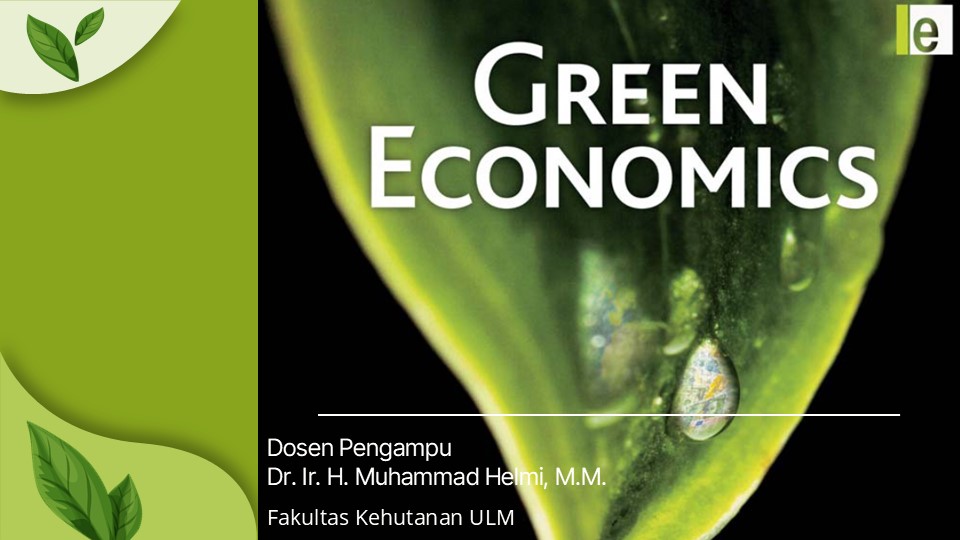Green Economics, which extends the traditional economic focus beyond monetary value to include broader and deeper values. Green Economics advocates for an economy that respects the balance between humans, the environment, and sustainability. Key principles include respecting differences, recognizing the interconnectedness of all aspects of the planet, and viewing Earth as a living organism that needs to be cared for.
There is a critique of growth-centric economics, addressing issues like narrow measurement through GDP and the myth that economic growth is always necessary for job creation. Green Economics emphasizes that economic growth must be balanced with human and environmental well-being. Sustainability principles such as permaculture are promoted to work in harmony with nature, rather than merely pursuing economic yield.
Green Economics also involves relocalizing markets to ensure justice and sustainability, as well as re-embedding economics in nature. The ecofeminist perspective critiques the separation between economy and environment, highlighting the importance of recognizing domestic and care work as vital to both social and ecological health.


